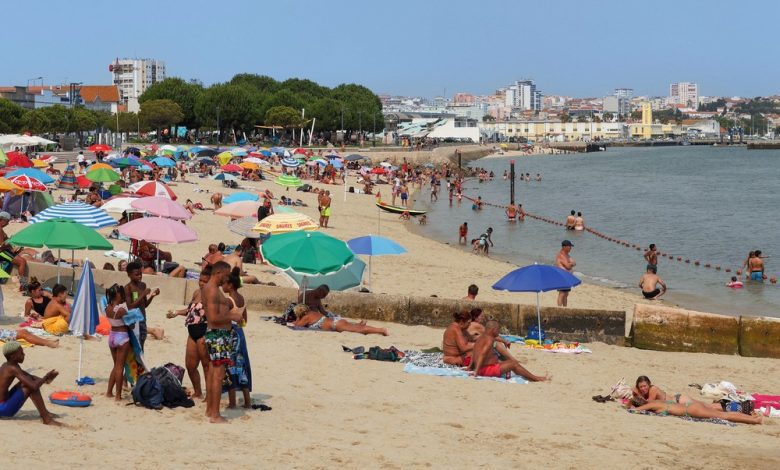Portugal’s municipalities see tourist tax as new ‘fast-track’ to raising money
As of September, communist-led Setúbal City Council is to start charging a tourist tax of €2 per guest of legal age per night, a measure that is expected to bring in “around €400,000 a year” for the municipality.
The regulation creating the tax was approved in June by Setúbal Municipal Assembly and published in State gazette Diário da República on August 2.
Like so many other municipalities before it, Setúbal City Council has justified the imposition of the tax with the “considerable increase in tourist activity and the need to secure new sources of funding”, in accordance with the “principle of fair distribution of public burdens”.
According to the entity, based on data provided by the National Statistics Institute, tourist activity in the municipality of Setúbal totalled 372,482 overnight stays in 2022.
“There is therefore a strong increase in pressure on public infrastructures and facilities, on public roads and on the urban space in general in the municipality,” the preamble to the new regulation states.
Faced with the “daily demand of many thousands of tourists” who add to the local population, the municipality is faced with “the need to substantially reinforce, on a structural basis, investment and public spending in the provision of services and utilities inherent to tourist activity, in various areas of the respective attributions, in order to guarantee the necessary conditions of sustainability and attractiveness of Setúbal to all those who visit it”, without jeopardising the balance and quality of urban life of its residents.
At stake, says the council, are increased expenses in terms of the safety of people and goods, the maintenance and urban, heritage, territorial and environmental qualification of public spaces, as well as the tourist, cultural, artistic and leisure offer.
The executive led by André Martins (PEV, elected by the CDU) also explains that it has considered the different options already adopted nationally and internationally on this matter, having opted for a tax that is levied exclusively on overnight stays in tourist resorts, local accommodation establishments and campsites located in the municipality, up to a maximum of five nights of overnight stays by tourists, in order to ensure that the payment is proportional to the actual use of the city.
The application of the tax does not entail “any increase in costs for the municipality beyond those arising from the provision of the service of settling and collecting the tax from the owners of tourist resorts and local accommodation establishments” (and campsites).
These businesses and accommodation establishments will receive a collection commission of 2.5% of the revenue from the tourist tax, the total annual value of which the municipality estimates at €400,000.
Source material: LUSA




















